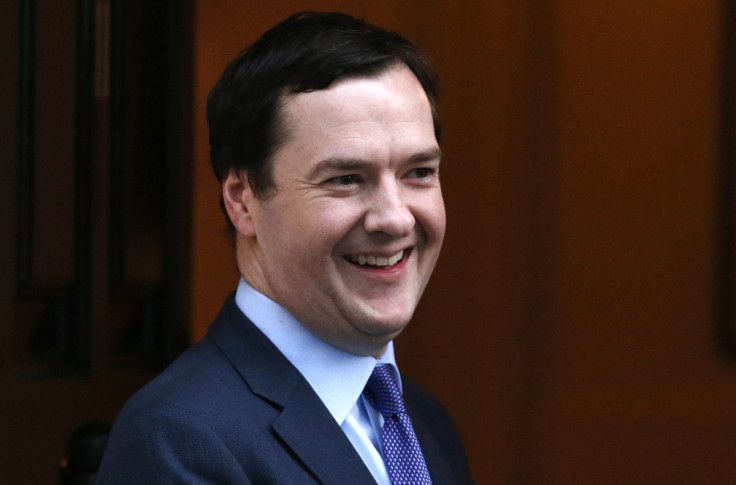UK Exports Remain Flat Despite Weak Pound

Chancellor George Osborne has failed to boost British exports despite a weakened pound, resulting in a selective economic recovery affecting only the wealthiest of the UK, according to a think tank.
Britain's trade deficit has remained unchanged since 2008 despite a weakened pound; by contrast, a depression in the value of sterling on previous occasions has led to an increase in UK exports, noted Sheffield Political Economy Research Institute (SPERI).
The paper, which relies on data from the Bank of England and the Office for National Statistics, compared the current drop in the pound with sterling troughs in 1976 and 1992.
"Although the financial crisis and its aftermath represent fairly unique economic circumstances, sterling depreciation in both 1976 and 1992 occurred amid an economic crisis, yet in both periods the trade balance improved significantly as a result," said Dr Craig Berry who authored the report.
In 1976, sterling fell by 25% against the deutschemark and 19.2% against the US dollar as a Labour government led by Prime Minister James Callaghan had to ask the International Monetary Fund for a loan.
In the following two years, the UK trade balance improved by an annual average of 161%, followed by 153% for the subsequent two years according to the report.
During the second sterling crisis in 1992 on Black Wednesday, the pound fell by 15.3% against the deutschemark and 10.9% against the US dollar as the UK crashed out of the European Exchange Rate Mechanism.
In the following two years, the UK trade balance improved by an annual average of 162%, followed by 96% for the subsequent two years.
During the most recent phase of sterling's depreciation, the UK's trade balance shows that although the pound fell in value by 15% against the euro throughout the financial crisis in 2008 - and 24% against the US dollar - the UK's trade deficit was largely unchanged.
Also, researchers said it remains stubbornly high – even though sterling remains 16% down against the Euro compared to the end of 2007, and 21% down against the US dollar.
Berry said the absence of a reduction in Britain's trade deficit demonstrated a selective recovery, and that economic modelling had benefited the richest members of society.
"The persistence of a large trade deficit calls into question the benefits of quantitative easing. This policy has redistributed wealth to the most affluent sections of society, yet seemingly failed to deliver the expected export boost.
The coalition government promised to increase UK exports, but has failed to rebalance the economy towards highly tradable sectors such as manufacturing, he added.
"Our economy has become too reliant on financial services exports to the Eurozone. The government should look to diversify the UK export base."
© Copyright IBTimes 2025. All rights reserved.






















